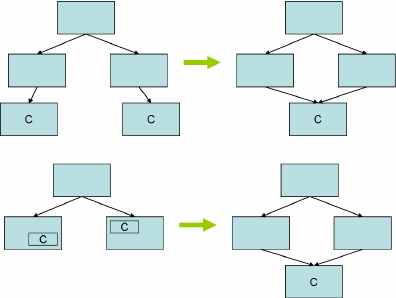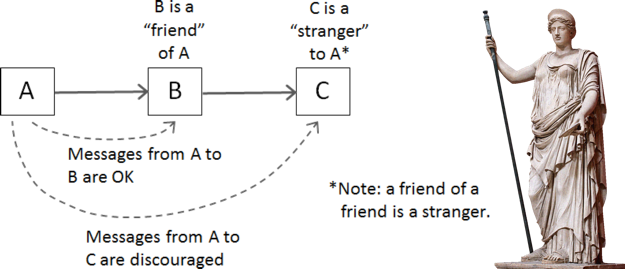Mastering Key Software Development Principles for Better Coding
Written on
Understanding Core Software Development Principles
Software development principles play a pivotal role in effective programming practices. They guide developers in crafting code that is not only efficient but also maintainable and dependable. In this discussion, we will delve into six widely recognized software development principles and examine their application in various scenarios. Additionally, we will touch upon emerging principles gaining traction within the development community.
Fundamental Principles
- DRY — Don’t Repeat Yourself
The DRY principle stresses that every piece of information or logic should have a singular, clear representation within the system. This approach enhances maintainability and minimizes errors.
When to apply: The DRY principle is relevant in nearly every situation. If you encounter duplicated code or logic, it often signals the need to encapsulate that logic into functions, classes, or modules.
- KISS — Keep It Simple, Stupid
KISS advocates for simplicity, suggesting that the most effective solutions are often the simplest. Developers should aim to avoid unnecessary complexity in their designs.
When to apply: This principle is particularly useful when crafting solutions and algorithms. Strive to prevent over-engineering by selecting the most straightforward solution that meets the requirements.
- YAGNI — You Aren’t Gonna Need It
YAGNI encourages developers to refrain from adding functionality until it is genuinely necessary, helping to maintain a manageable codebase and preventing over-engineering.
When to apply: Utilize YAGNI during the planning and development of features. Resist the temptation to include features that may only be useful in the distant future.
- SOLID
SOLID is a set of five design principles that aim to enhance the clarity, flexibility, and maintainability of software designs.
When to apply: These principles are vital when designing object-oriented systems, though they are applicable across various programming paradigms. They should be leveraged when defining classes and interfaces, designing software architecture, or refactoring existing code.
- GRASP — General Responsibility Assignment Software Patterns
GRASP provides a framework for distributing responsibilities among classes and objects in object-oriented design.
When to apply: The GRASP principles are beneficial when organizing and structuring classes in an object-oriented environment. Use them to determine which classes should hold specific responsibilities.
- LoD — Law of Demeter (Principle of Least Knowledge)
The Law of Demeter asserts that an object should only interact with its immediate neighbors, maintaining minimal knowledge about other objects in the system.
When to apply: Implement the LoD while designing class or object interactions. This principle is especially useful in complex systems to avoid tight coupling, which can lead to increased dependencies and reduced modularity.
Additional Principles
- PIT — Prefer Isolated Tests
The PIT principle asserts that tests should be independent of one another, leading to more robust test suites and mitigating cascading failures.
When to apply: Implement PIT when developing unit tests and integration tests to ensure each test can execute independently and in any sequence.
- SLAP — Single Level of Abstraction Principle
SLAP recommends that all statements within a function maintain the same level of abstraction, enhancing both readability and maintainability.
When to apply: Use SLAP when writing functions or methods. If a function mixes high-level logic with low-level details, consider refactoring to delineate these different levels of abstraction.
By grasping and implementing these principles, you can create code that is cleaner, more maintainable, and easier to comprehend. Keep in mind that while these principles serve as valuable guidelines, they are not absolute rules. Utilize them judiciously and feel free to deviate from them when necessary.
Chapter 2: Video Insights on Software Development Principles
This video titled "Software Development Principles - DRY, KISS, & YAGNI" explores foundational software development principles that help developers enhance code quality and maintainability.
In this crash course, "Programming Principles Crash Course: KISS, YAGNI, Law of Demeter, DRY and etc.," viewers will gain insights into essential programming concepts aimed at improving software design and functionality.



